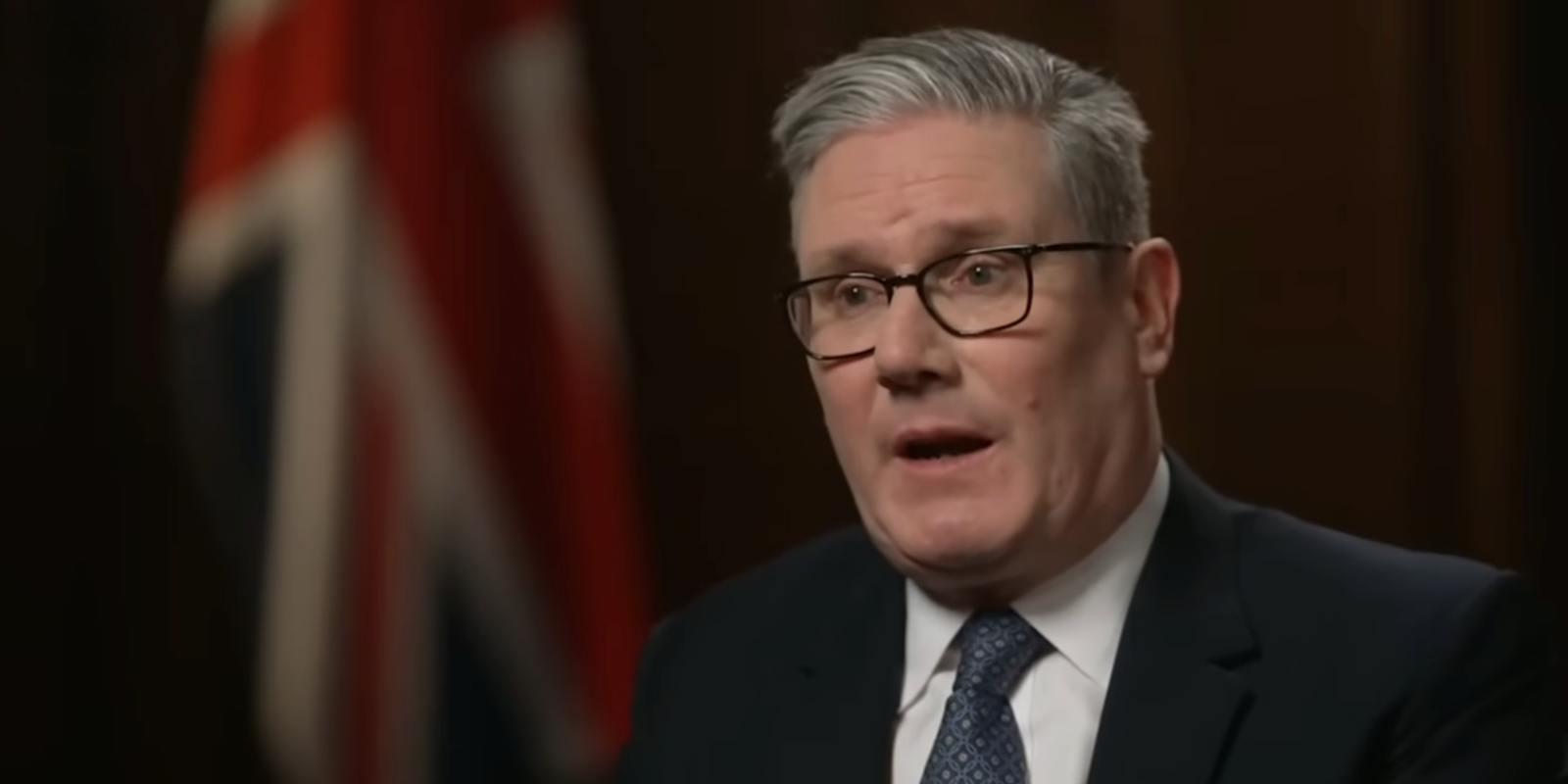This article originally appeared on watchdog.org.
The U.S. Office of Special Counsel is now investigating the claims of a whistleblower who revealed the use of a secret appointment wait list at the Shreveport VA hospital — including 37 veterans who died awaiting care.
Mental health social worker Shea Wilkes contacted the media in June, saying his bosses and the VA Inspector General had done nothing to address his year-old complaints about excessive wait times. In fact, Wilkes’ attorney, Richard John, says the IG turned the tables on his client, opening a criminal investigation into how Wilkes obtained the list he used as evidence to show patients were not receiving adequate care at the Overton Brooks VA Medical Center.
The Special Counsel — an independent office established that protects whistleblowers and reports to the president — wants to get to the bottom of the secret appointment list and find out why Wilkes has not been granted whistleblower protection.
“The Special Counsel is really interested in helping,” Wilkes said.
Their investigation was opened last fall after Wilkes sent them a letter that said in part:
“What I find astonishing is that the majority of the OIG’s investigation is not into the allegations mentioned above but in only how I obtained the mental health waiting list … Numerous employees within Mental Health service have expressed an interest in speaking with the OIG and I have relayed this to the OIG but still at this point OIG has not spoken with many of the mental health staff members that have information related to the manipulation of appointment times etc.
“It has become apparent that individuals within leadership have also made it very clear to others in the service that the whistleblower is under investigation in an effort to keep others not to come forward. As I also said in my previous complaint there have also been threats of legal action if leadership finds out who released or releases any information to me or the media,” Wilkes wrote.
John says recent communications with OSC has persuaded him the agency “is interested in solving the problems at the VA. They are concerned with the issues causing the problem and moving along because they have (investigative) deadlines to meet. There certainly have been a lot of investigators up there (at the hospital) the past eight or nine months. Whether it’s the IG or OSC I don’t know, but there has been a lot of activity up there.”
Wilkes, an Army veteran, has worked at the Shreveport VA for eight years. In May 2013, he discovered that veterans were waiting months, even years for appointments. To mask the hospital’s poor performance, Wilkes alleges that staffers hid may veterans on a secret waiting list and that the number of patients actually seen was falsely inflated. At the time, top administrators had received bonus pay for high rates of patient care. He reported the issue to assistant Chief of Staff Patrick McGauly, who was later promoted to chief and is now stepping down from that position.
Nothing was done to correct the situation, and a month later Wilkes filed a complaint with the IG. In fall 2013, he actually saw a secret wait list that schedulers were using at a service window.
Then, in May 2014, VA attorneys issued a memo to all staff, instructing them not to disclose or distribute any evidence related to wait times to outside parties.
“Basically they don’t want stuff coming out because they are trying to cover everything up,” Wilkes said.
Everything came to a head in June 2014, when an employee at the Phoenix VA hospital reported a secret waiting list to the media. Emboldened, Wilkes came forward to reporters and to U.S. Sen. David Vitter, R-LA, who sent a letter to the IG demanding an investigation.
“The next day, two criminal investigators from the IG show up and spoke to Shea,” John said. “He thought they were there at the request of Senator Vitter, and they were not. They feigned not having knowledge of Shea being a whistleblower and they were there about how he had the list and why. They were not there to investigate the fact that a list was created.”
Investigators even took the hard drive from Wilkes’ computer and asked him to submit to a polygraph, which he declined.
“They told me, ‘We don’t see anything illegal’” being done by hospital officials, Wilkes said.
That’s when Wilkes complained to the Special Counsel.
IG spokeswoman Catherine Gromek seemed to suggest that the Wilkes case isn’t unusual.
“The OIG continues to investigate allegations related to wait times at various facilities,” Gromek said. “While we will not comment on ongoing work, the OIG has many investigative tools that we use during any investigation including interviews, document reviews, email reviews, and the use of polygraphs.”
John has instructed the IG not to contact Wilkes but to rather go through him, as his attorney.
“I said I would talk to them about anything regarding the list but not how he got it,” John said, adding that they declined the offer.





